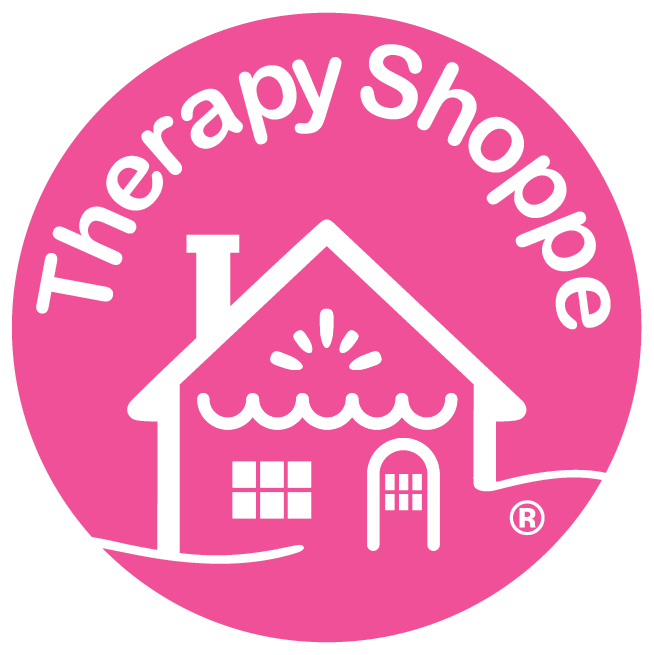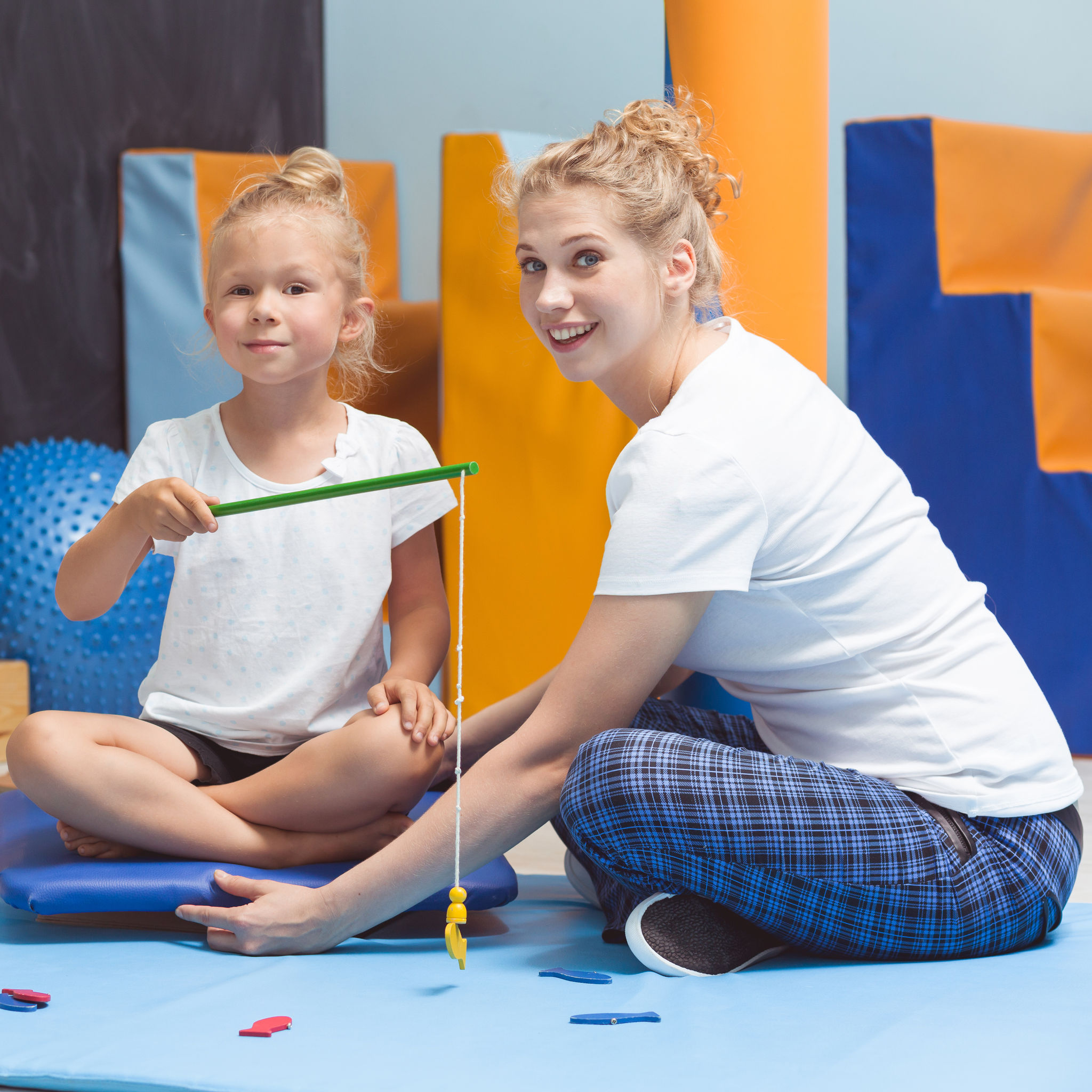We know how working as a school-based therapist can be a bit overwhelming for new therapists. Here are some helpful tips and suggestions created especially for new therapists in school systems – provided by 2 seasoned itinerant school OTs!
- Make a focused effort to get to know and cultivate friendships with the custodian, gym teacher, and secretaries in all of the schools you work in; these individuals can be invaluable resources! School secretaries typically know everyone and everything that's going on in a school; custodians can be wonderful people for helping to find, move, and install equipment (and some will even help itinerants carry their equipment in and out of schools), and gym teachers are often willing to let you use their space or equipment when they aren't using it.
- 1001 Creative Ideas for Therapy book is an amazing "encyclopedia" of treatment ideas and other invaluable reference material for pediatric therapists! This book is a superbly helpful "quick reference" handbook for new therapists and experienced therapists who are looking for innovative new treatment ideas. It provides an easy to way to always have important reference information at your fingertips when questions come up. One of the best investments you'll make all year as a new therapist!
- Invest in a very sturdy therapy equipment bag that has a comfy shoulder strap and loads of pockets if you are an itinerant therapist. A roomy equipment bag can help keep your favorite therapy goodies handy and organized – and will help keep your car "office" more organized and less cluttered.
- Create a loaning equipment library for the parents and teachers you work with. Include resource books, favorite products, and specialty therapy kits applicable to the children and clients you serve. If you are a pediatric school therapist, the following products are popular choices for school therapists: Fidgeting Foot Bands™, Writing Slant Board, variety of pencils / pencil grips / specialty writing paper samples (such Bright Lines or K-1 Raised Line paper), tongs and tools kits, handwriting tool kits (that includes assorted pencil grips and specialty pencils), helpful books on sensory processing disorders, and different kinds of wiggle seats.
- Be selective and mindful about who / how many home programs to give out to parents. Many parents already have their hands full and unbeknownst to you – may be in survival mode in the evenings. It may not be realistic for them to fit anything else into their evening, or a home program might result in unintended guilt when they just aren't able to follow through on the suggestions.
- Occupational therapy involves good detective work to determine a student's unique needs and the underlying reasons for his/her educational challenges. Spend adequate time objectively observing your student (without making any judgements), in a variety of different settings within the school environment (classrooms, recess, cafeteria, specials, gym class, etc.). Try to determine what the missing developmental building blocks are that are interfering with the student's performance – and use that information to develop an individualized, strength-based approach that builds on what the child already knows and can do. Focus on the child's strengths, what is working, what is healthy, and things the child is already good at doing. Meet the child where they are and provide sensorimotor challenges that are "just right!"
- Consider investing in an "All Access Subscription" for $299 from Summit Education which provides unlimited access for a full year to all of their live and online courses designed especially for therapists, educators, and other health professionals! Summit's website says they offer over 2500 live and 150 online courses! What a phenomenal deal and easy way to get specialized training (from home or in-person) and earn CEU's! Visit their website (summit-education.com) for more details!
- Spend time getting to know and establishing rapport with the students on your caseload instead of jumping right into treatment sessions. Learning about their likes, interests, and hobbies can be very helpful in designing fun and motivating treatment activities!
- Written input forms from teachers and parents can be very helpful as they sometimes provide helpful answers to questions you might have forgotten to ask. Plus, they eliminate obstacles that sometimes make it difficult to connect with busy teachers and parents.
- Select basic therapy tool essentials that can be used with a wide range of students and ages. Here's a list of favorite therapy tools for school-based therapists: a set of hoops, colored activity cones, a fabric tunnel, scooter board, set of beanbags, clothesline, blue painters tape, a mid-sized therapy ball, some favorite silent classroom fidgets, assorted grades of therapy putty, versatile fine motor games (our Mini Muffins Fine Motor Set, Plus Plus Snap and Link Set, and Multisensory Magnatab Free Play Set are all great choices), a basic pegboard set, and "See and Do" cards (like our Yoga Pretzel Activity Cards)).
©2017-2018 Therapy Shoppe® Incorporated. All rights reserved.
More articles you might enjoy:
The IEP Process Demystified: A Guide for Teachers
10 Best Calming Tools for School Classrooms
The Benefits of Noise Dampening Tiles for Sensory Rooms and Classrooms

